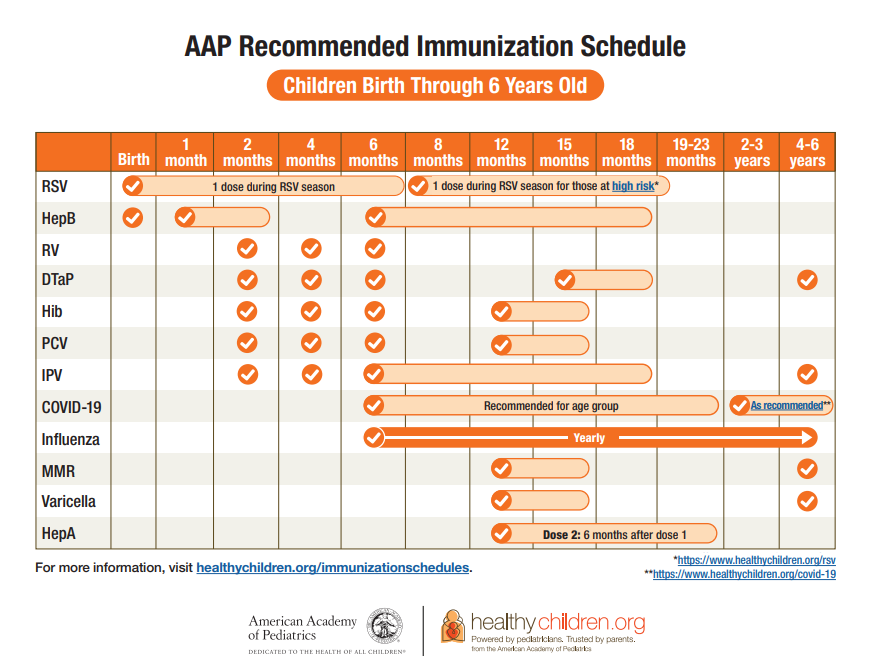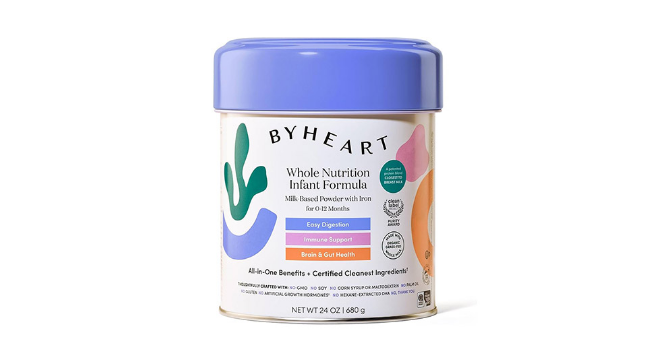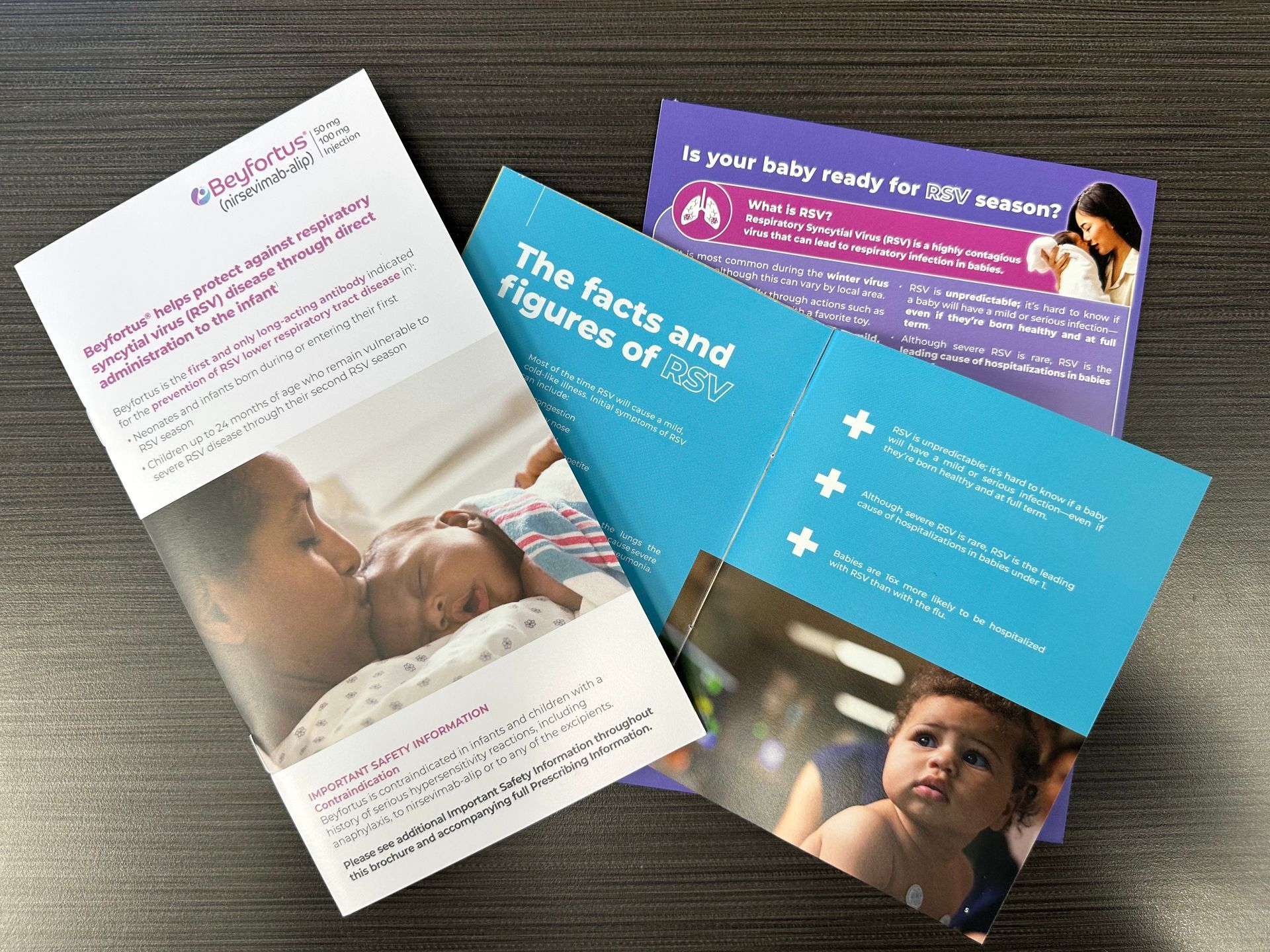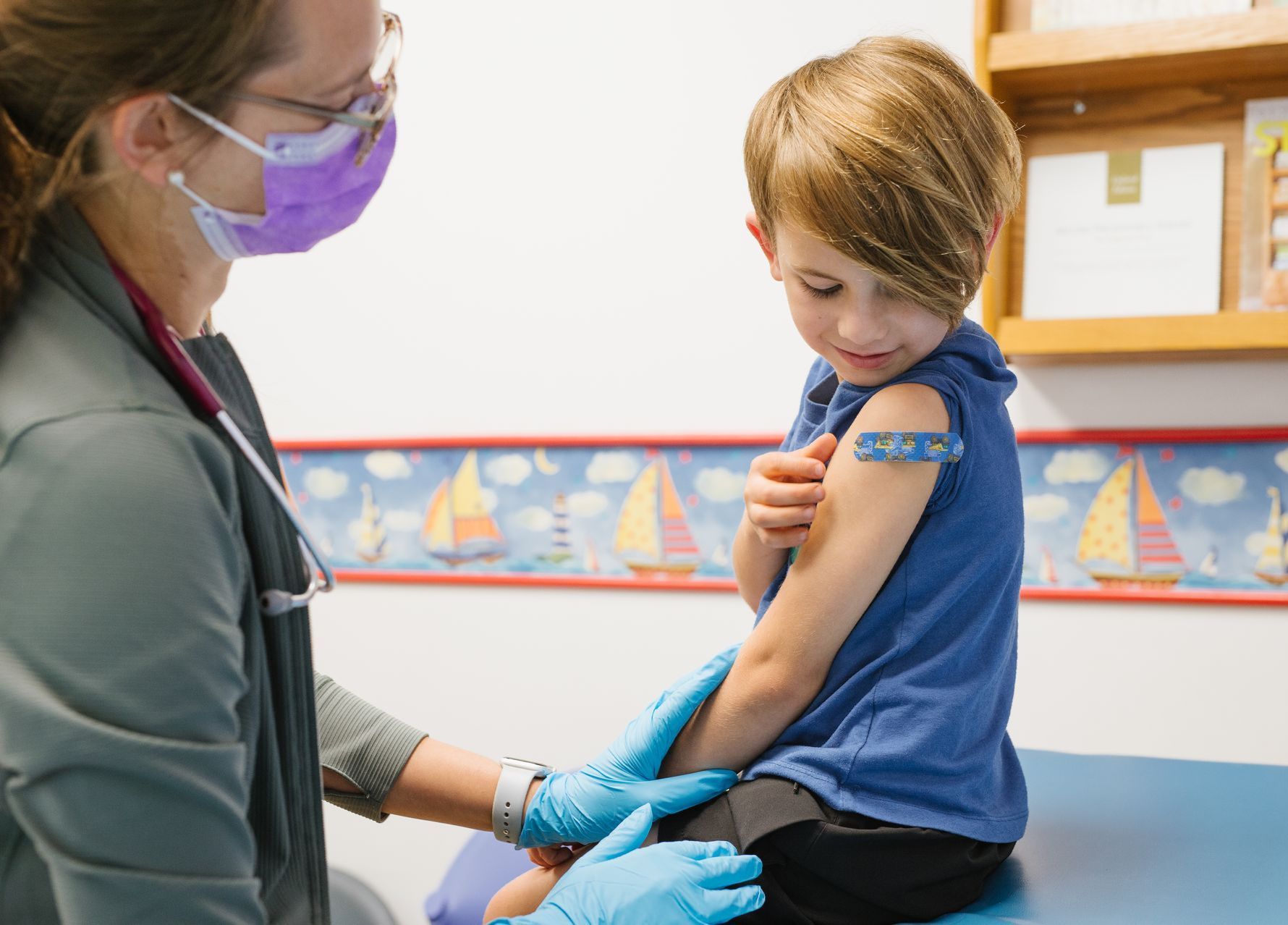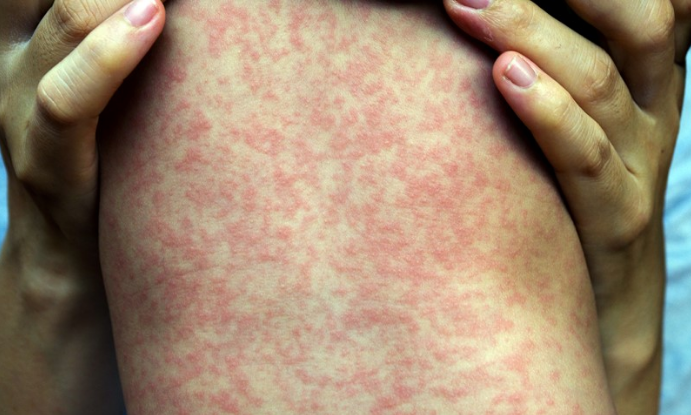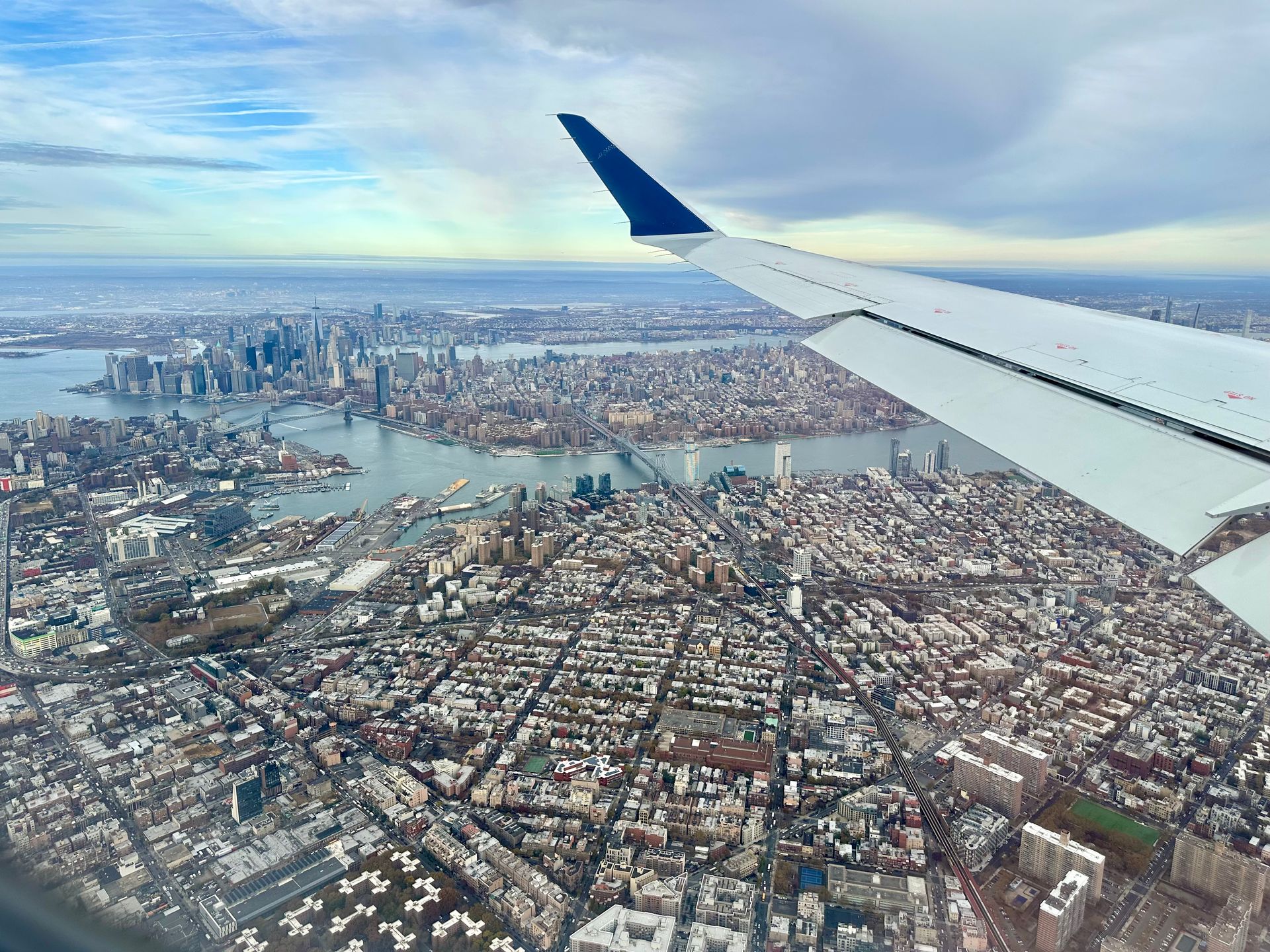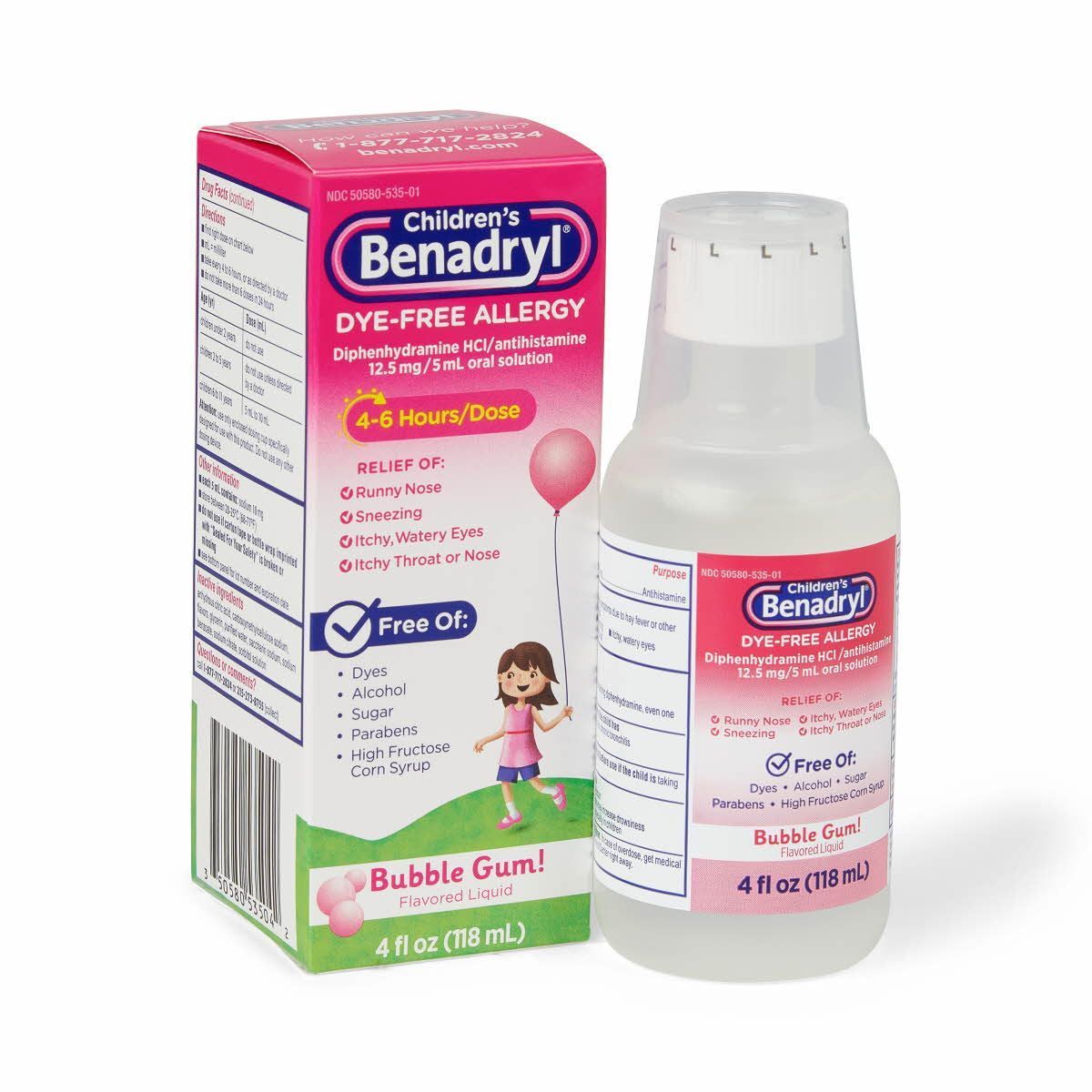By Jocelyn Schauer
•
May 24, 2025
There is currently an outbreak of measles in mostly unvaccinated individuals in several states in the United States (including a large outbreak that began in western Texas and spread to surrounding states). As of June 5, 2025, Charlottesville also has its second reported case of measles, in a toddler (third reported case in the state), de tails here (Virginia Department of Health) : "Virginia Health Officials Confirm Third 2025 Measles Case in the State Virginia Department of Health is Working to Identify People Who Are at Risk RICHMOND, Va. – The Virginia Department of Health (VDH) is reporting the state’s third measles case of the year. The patient is a child (0-4 years) in the Northwest Region who developed symptoms after exposure to another Virginia measles case. To protect the family’s privacy, VDH will not provide any additional information about the patient. Public health officials are coordinating efforts to identify anyone who might have been exposed. Listed below are the dates, times, and locations of potential exposure sites in Virginia: Third case: SugarBear Ice Cream, located at 1522 E. High Street in Charlottesville on Saturday, May 31, between 4 p.m. and 7 p.m. Indoor exposures pose the greatest risk for measles. There is minimal risk of exposure for people who were only outdoors at this location. Lowe’s Home Improvement, located at 400 Woodbrook Drive in Charlottesville on Sunday, June 1, between 1 p.m. and 6 p.m. This case is the third case reported in Virginia in 2025. The first case was reported in April and the second case was reported in May. For the latest information on measles cases in Virginia, please visit the Reportable Disease Monthly Surveillance Report. Second case: Charlottesville Albemarle Airport on Tuesday, May 20 between 2:15 p.m. and 5:30 p.m. Play it Again Sports, located at 1885 Seminole Trail in Charlottesville on Tuesday, May 20 from 2:40 p.m. to 5 p.m. Goodwill Store and Donation Center, located at 440 Gander Drive in Charlottesville on Tuesday, May 20 from 3:10 p.m. to 5:30 p.m. UVA Health Primary Care Riverside, located at 2335 Seminole Lane, Suite 200 in Charlottesville on Thursday, May 22 from 2 p.m. to 7:10 p.m. UVA Health University Medical Center Emergency Department, located at 1215 Lee St. in Charlottesville on Friday, May 23 from 12 a.m. to 6 a.m. This case is the second case reported in Virginia in 2025. The first case was reported in April. For the latest information on measles cases in Virginia, please visit the Reportable Disease Monthly Surveillance Report. What should you do if you were at the above locations on one or more of the days and times specified? If you have received two doses of a measles-containing vaccine, or were born before 1957, you are protected and do not need to take any action. If you have never received a measles containing vaccine (either the measles, mumps and rubella [MMR] vaccine or a measles-only vaccine which is available in other countries), you may be at risk of developing measles. Anyone who might have been exposed, is considered to be at risk of developing measles (not fully vaccinated or if vaccine status is unknown), AND lives in the Blue Ridge Health District area should call 434-422-3210. ( The phone line will be staffed during regular office hours.) Non-immune individuals may qualify for post-exposure treatments. People who might have been exposed and are not immune should contact their health care provider or local health department immediately to coordinate administration of post-exposure prophylaxis. Watch for symptoms for 21 days after the date of your potential exposure. If you notice symptoms of measles, immediately isolate yourself by staying home. Contact your healthcare provider right away. If you need to seek healthcare, call ahead before going to your healthcare provider’s office or the emergency room to notify them that you may have been exposed to measles and ask them to call the local health department. This call will help protect other patients and staff. Anyone with an immunocompromising condition should consult with their healthcare provider if they have questions or develop symptoms. If you have received only one dose of a measles-containing vaccine, you are very likely to be protected and your risk of being infected with measles from any of these exposures is very low. However, to achieve the highest level of protection, contact your healthcare provider about getting a second vaccine dose. Measles is a highly contagious illness that can spread easily through the air when an infected person breathes, coughs, or sneezes. Measles symptoms usually appear in two stages. In the first stage, most people have a fever of greater than 101 degrees, runny nose, watery red eyes, and a cough. These symptoms usually start seven to fourteen days after being exposed. The second stage starts three to five days after symptoms start, when a rash begins to appear on the face and spreads to the rest of the body. People with measles are contagious from four days before the rash appears through four days after the rash appeared. Measles is preventable through a safe and effective MMR vaccine. Two doses of the vaccine are given to provide lifetime protection. Virginia has high measles vaccination rates, with approximately 95% of kindergarteners fully vaccinated against measles. However, infants who are too young to be vaccinated, and others who are not vaccinated, are very susceptible to infection if they are exposed to measles. Infants six months through 11 months of age who will be traveling internationally, or to an outbreak setting, should receive one dose of MMR vaccine prior to travel. Talk to your healthcare provider if you have questions about the MMR vaccine. To check your immunization status, call your healthcare provider or request your vaccination records using the VDH Immunization Record Request Form at vdh.virginia.gov/immunization/viis/ . Virginia residents with additional questions about their potential exposure can email epi_response@vdh.virginia.gov or contact your local health department. The Charlottesville/Albemarle Health Department will be hosting an MMR vaccine clinic on Friday, May 30 from 1-4 pm by appointment only (no walk-ins). Call 434-972-6269 to make your appointment. For more information about measles visit www.vdh.virginia.gov/measles/ " The Centers for Disease Control (CDC) website is no longer being updated regularly at this point, so please check the Virginia Department of Health (VDH) for the most up-to-date information in our area , as well as national news or local health department websites for the latest information on case numbers for each state. The Healthy Children website has a comprehensive description of measles and the vaccine schedule for children here. Remember that the measles vaccine is extremely safe and protective. However, it is a live attenuated vaccine and so some who are immunocompromised or pregnant cannot get the shot (if they were not immunized previously). Also, the first dose is typically administered at 12 months of age, so most infants are at high risk for getting infected. Infants, other unvaccinated, and immunocompromised individuals all rely on herd immunity to keep them safe, so it is important to keep communities protected against measles to protect everyone. When herd immunity drops below 95%, outbreaks are likely to happen once someone with measles enters the community (often from international travel). Some measles facts: Measles is considered one of the most infectious diseases (airborne) on earth. If 10 unvaccinated people are exposed to someone with measles, 9 will get infected. The virus can remain infectious in the air for up to 2 hours after an infected person leaves an area. People with measles are contagious from 4 days before the rash appears until 4 days after it erupts (though immunocompromised individuals can be contagious for the duration of the illness.) The incubation period ranges from 7 to 21 days. It can also make children very sick - for people without immunity, 1 in 5 will be hospitalized, 1 in 20 will develop pneumonia (the most common way measles kills young children), 1 in 1000 will develop encephalitis (infection of the brain, sometimes causing permanent brain damage), and 1-3 in 1000 will die. It can cause “immune amnesia,” where the immune system loses its ability to fight other viruses that people were previously immune to. Children are normally vaccinated against measles with the Measles, Mumps, Rubella (MMR) vaccine at 12 months and again at 4-5 years of age, but can get an accelerated schedule in case of outbreaks. Accelerated schedule in case of community outbreaks: Extra dose for 6-11 month old infants , with second dose at 12+ months of age (28+ days after the first dose) For children who have only had the 12 month dose , they can get their second dose of vaccine 28+ days after the first dose. The vaccine is fully protective approximately 10-14 days after administration (93% protection after 1 dose, 97+% protection after the second dose.) People born before 1957 might not require vaccination because measles was so widespread in the mid-1950s and earlier, it is assumed that everyone already had the disease and has natural immunity. However, during an outbreak it might be worth checking immunity (IgG to measles) or getting an MMR booster, particularly if you are a healthcare worker. People born between 1957 and 1968 may have gotten only 1 dose of killed measles vaccine (less effective than the current vaccine) and should check immunity (IgG to measles) or get an MMR booster if they have not previously gotten a second shot. Because MMR is a live attenuated virus vaccine, those who are pregnant or significantly immunocompromised cannot get the vaccine. Find more measles information at HealthyChildren.org . More links: ~ 10 FAQs on MMR and Measles Protection, from Your Local Epidemiologist ~ What to Know During a Measles Outbreak: FAQ, from UVA Health ~ Vitamin A Can't Prevent the Measles, from UVA Health ~ Measles: Separating fact from fiction, from Sentara Hospital Also please review this PDF from The Unbiased Science Podcast for more detailed information about measles immunity (a special thank you to @unbiasedscipod for their generous share of their slides). We will continue to update this site.




